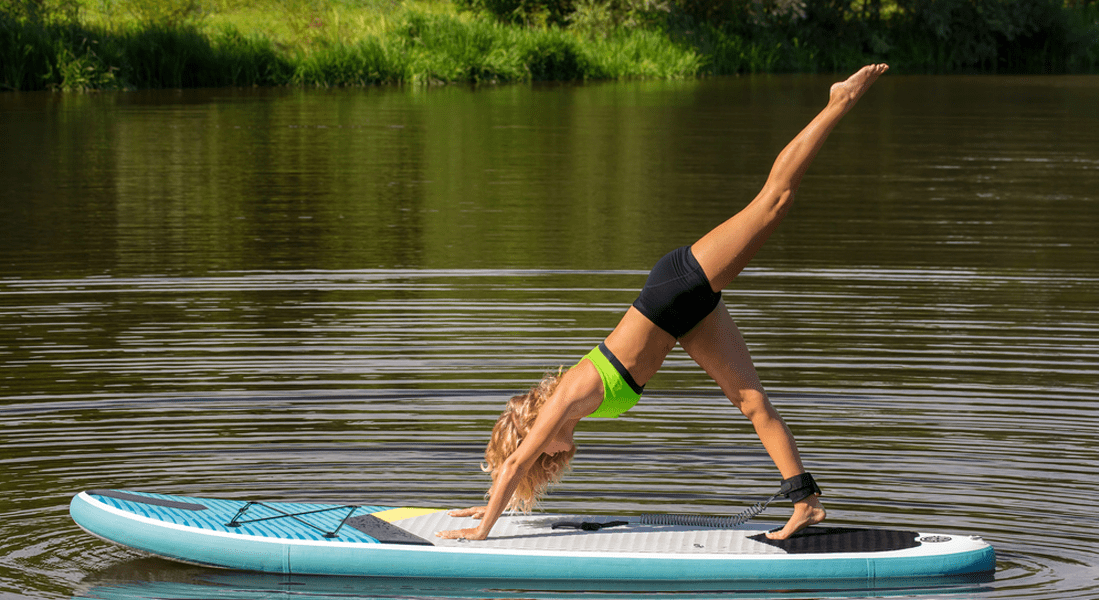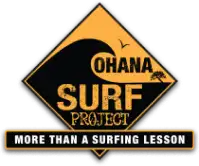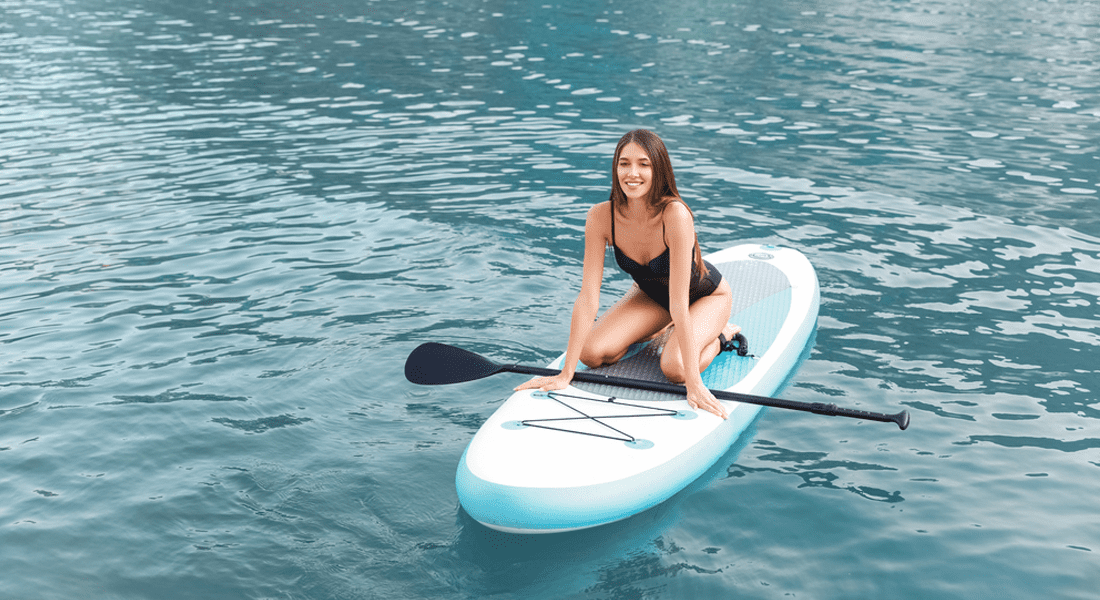
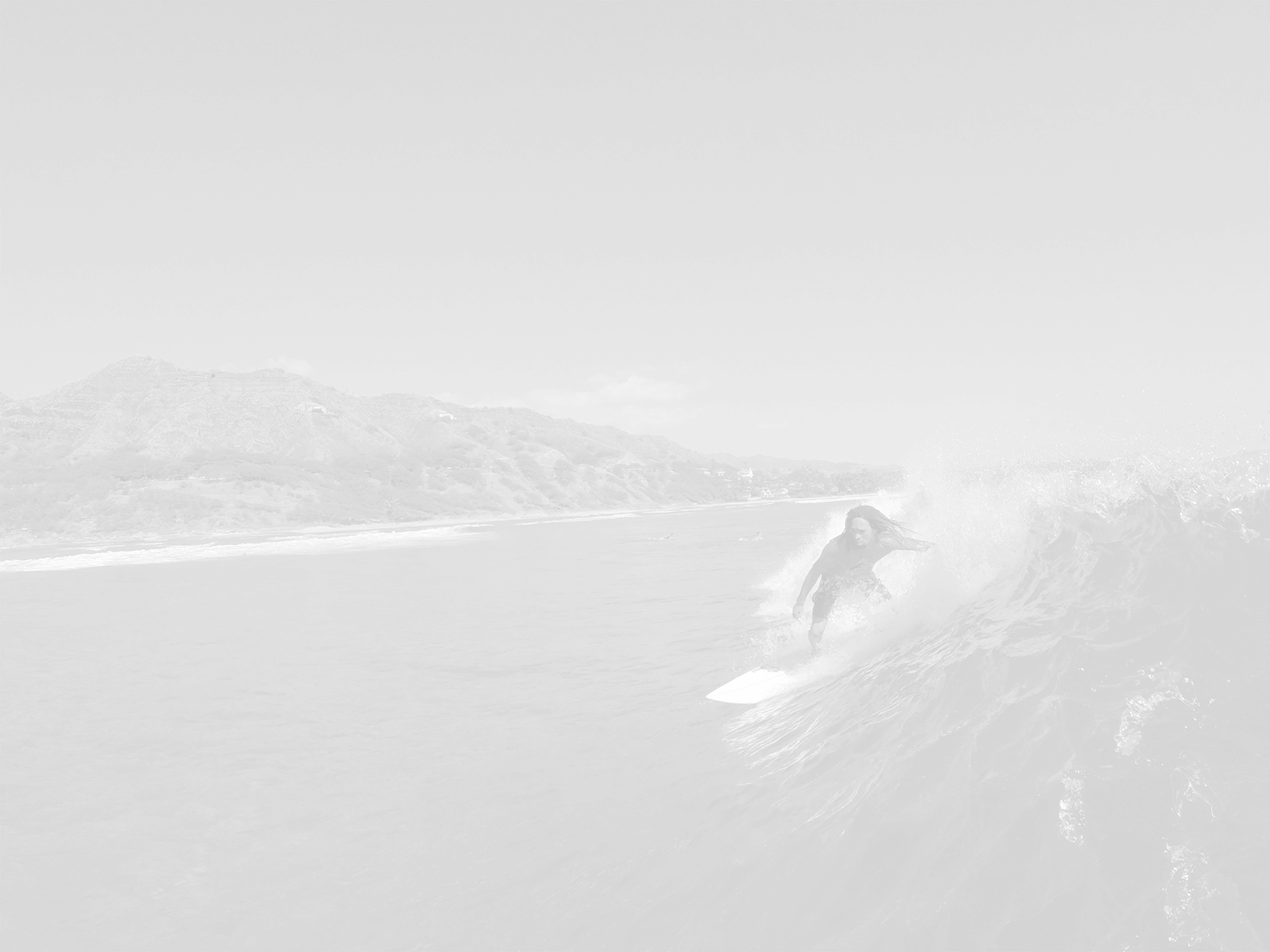
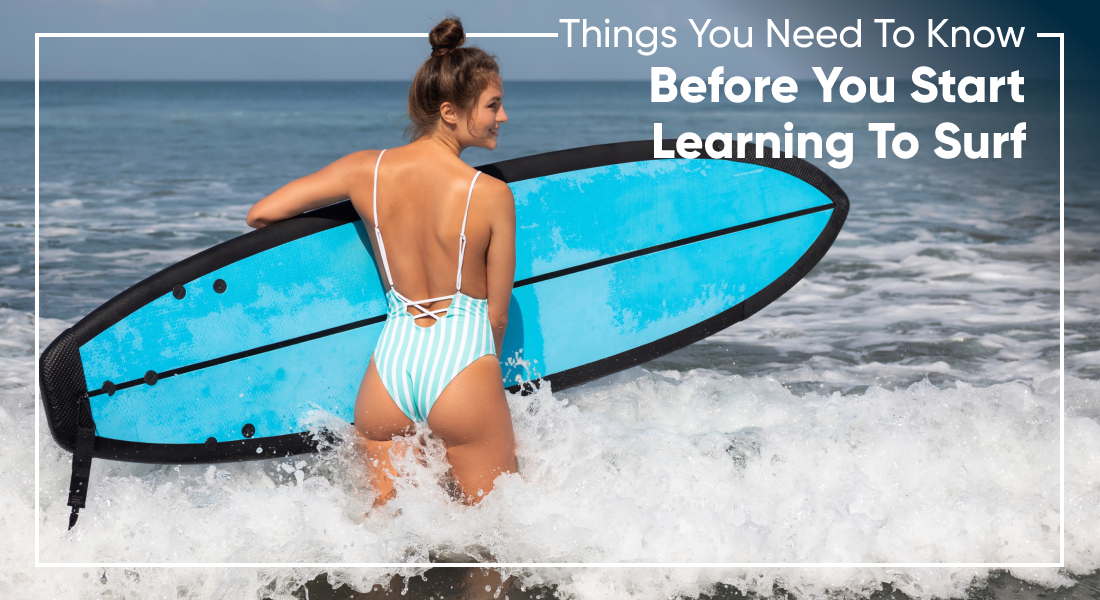

Things You Need To Know Before You Start Learning To Surf
Learning to surf is an exciting and rewarding experience, but it requires preparation and knowledge to make the most of your time in the water. Whether you’re eager to catch your first wave or looking to improve your skills, understanding the basics before you begin can significantly enhance your surfing journey. In this guide, we’ll explore the vital aspects you need to consider as you prepare to learn to surf.
The Learning Curve: Patience and Practice
Surfing is a complex and physically demanding sport that requires time and dedication to master. As a beginner, you’ll likely face challenges with balance, timing, and technique, which can be frustrating if you expect immediate success. However, understanding that the learning curve is steep can help you approach your surf lessons with the right mindset.
The initial stages of learning to surf involve a lot of paddling, falling off the board, and getting back up again. It’s important to stay patient and persistent, knowing that each session brings you closer to riding that perfect wave. Regular practice, combined with a positive attitude, will gradually improve your skills and boost your confidence in the water.
Choosing the Right Surfboard: Start with Stability
One of the most critical decisions you’ll make as a beginner is selecting the right surfboard. The type of board you use can greatly impact your progress and enjoyment, so it’s essential to choose one that suits your skill level and the conditions you’ll be surfing in.
For beginners, a larger and more stable board is usually the best option. These boards, often referred to as longboards, provide better buoyancy, making it easier to balance and paddle.
As you gain experience and confidence, you can transition to smaller, more maneuverable boards. If you’re unsure about which board to start with, seek advice from a knowledgeable instructor or visit a surf shop that can offer guidance.
Familiarize Yourself with Your Surf Spot
Before you paddle out for your first session, it’s important to understand the surf spot you’ll be using. Not all beaches are suitable for beginners, and choosing the right location can make a significant difference in your learning experience.
Beginner-friendly beaches typically have gentle waves, sandy bottoms, and fewer hazards such as rocks or strong currents. Research local surf spots and select one that offers ideal conditions for learning.
Additionally, it’s important to respect the local surfing culture and etiquette. Observing how more experienced surfers navigate the waves and waiting your turn will help you integrate smoothly into the surfing community.
Swimming Skills: A Non-Negotiable Foundation
Your ability to swim confidently is a fundamental requirement before you learn to surf. Being in the ocean presents various challenges, and strong swimming skills are crucial for your safety. You may find yourself needing to swim back to your board, navigate through waves after a wipeout, or deal with unexpected currents.
If you’re not a strong swimmer, consider improving your swimming abilities before taking on surfing. This foundation will give you the confidence to handle different situations in the water, ensuring a safer and more enjoyable surfing experience.
Respecting the Power of the Ocean
The ocean is both beautiful and powerful, with conditions that can change rapidly. As a beginner surfer, it’s essential to approach the ocean with respect and awareness. Understanding how the ocean behaves, from wave patterns to rip currents, can help you make informed decisions and react appropriately in various situations.
Always take a moment to observe the ocean before you enter the water. Pay attention to the size and frequency of the waves, the direction of the wind, and any potential hazards. This observation will allow you to choose the best spot to paddle out and avoid any dangerous areas. Respecting the ocean also means knowing your limits and not pushing yourself beyond your comfort zone.
Surf Etiquette: Navigating the Lineup
Surfing has its own set of unwritten rules, known as surf etiquette, which every surfer should follow. Understanding these guidelines is crucial for maintaining harmony in the lineup and avoiding accidents.
One of the primary rules of surf etiquette is understanding who has the right of way on a wave. The surfer closest to the peak of the wave typically has priority, and it’s important to respect this to prevent collisions. Additionally, avoid “dropping in,” which means taking a wave that someone else is already riding. This can be dangerous and is considered highly disrespectful.
Being courteous to local surfers and showing respect for the surf spot’s vibe will help you build positive relationships in the surfing community. Remember, surfing is not just about catching waves; it’s about sharing the experience with others.
Physical Preparation: Building Strength and Endurance
Surfing is physically demanding, requiring a combination of strength, balance, and endurance. Preparing your body for these challenges can significantly enhance your performance and reduce the risk of injury.
Engaging in regular physical activity, such as swimming, running, or yoga, can help you build the necessary fitness for surfing. Focus on exercises that improve your core strength, flexibility, and cardiovascular endurance.
Strong core muscles will aid in maintaining balance on the board, while flexibility will help you maneuver more easily. Additionally, good cardiovascular endurance is essential for paddling and staying energized during long sessions in the water.
Learn More About Sean

Mental Preparation: Embracing the Challenges
Learning to surf comes with its fair share of challenges, including the inevitable wipeouts. These falls are a natural part of the learning process and offer valuable lessons for improvement. Mentally preparing yourself for these moments will help you stay resilient and focused.
When you experience a wipeout, it’s important to stay calm and not panic. Holding your breath and relaxing under the water will allow you to regain control and resurface safely. Each wipeout provides an opportunity to learn and adapt, making you a better surfer over time. Embrace these challenges as part of your growth, and remember that persistence is key to success.
The Importance of Professional Instruction
While it may be tempting to learn to surf on your own, professional instruction can make a significant difference in your progress. Surf lessons offer personalized guidance from experienced instructors who understand the nuances of surfing. They can provide valuable feedback, correct your technique, and ensure that you’re learning in a safe and supportive environment.
Investing in professional lessons can accelerate your learning curve and help you avoid common mistakes that beginners often make. Instructors can also offer insights into the best surf spots, equipment choices, and ocean safety, giving you a well-rounded introduction to the sport.
Making the Most of Surf Rentals
If you’re not ready to invest in your own surfboard, taking advantage of surf rentals is a great option. Surf rentals offer a variety of boards suited for different skill levels and surfing conditions. Renting a board allows you to try out different types before committing to a purchase, ensuring you find the one that best suits your needs.
Additionally, many surf rental shops provide other essential gear, such as wetsuits and leashes, making it convenient for beginners who may not have all the necessary equipment. Take the time to talk to the staff at the rental shop, as they can offer valuable advice on which board to choose and where to surf based on current conditions.
Your Surfing Journey Awaits
Learning to surf is a rewarding experience that connects you with nature and offers a unique sense of accomplishment. By preparing yourself physically and mentally, understanding surf etiquette, and seeking professional guidance, you’ll set yourself up for success in the water.
At Ohana Surf Project, we’re committed to making your surfing experience safe, enjoyable, and memorable. Our team of professional instructors is here to guide you every step of the way, ensuring that you learn to surf with confidence.
Whether you’re a beginner or seeking skills development, there are personalized lessons tailored to your needs. Join us in Waikiki and discover the joy of surfing with our Ohana.
OTHER OSP BLOGS

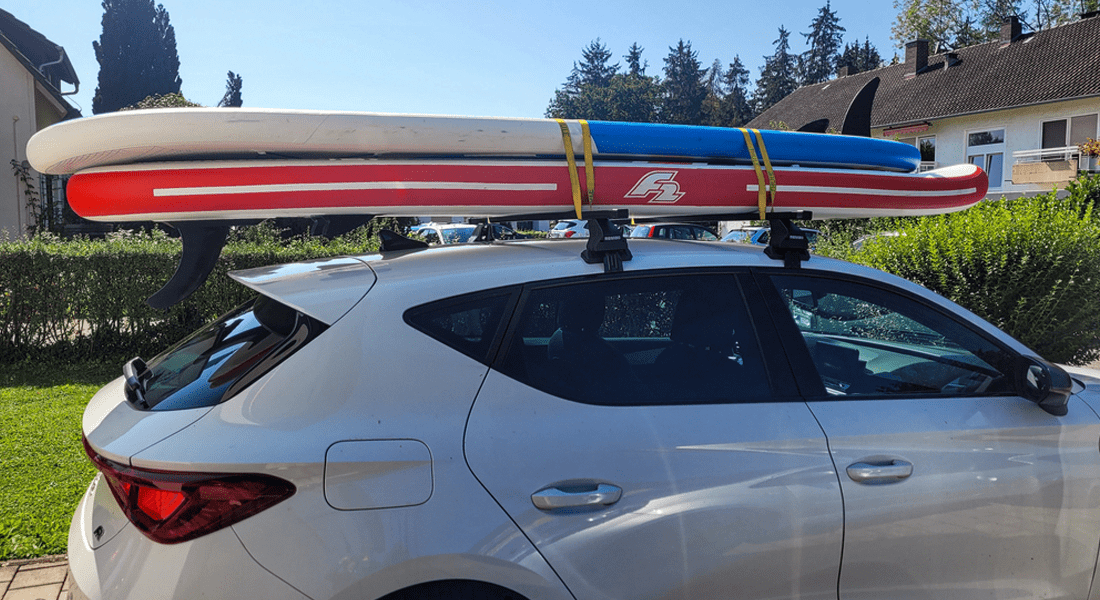
How To Transport Your Rental SUP Board
When you rent a SUP board for a Waikiki adventure, knowing how to transport a SUP board keeps your day smooth from the start. You probably feel excited to reach[...]